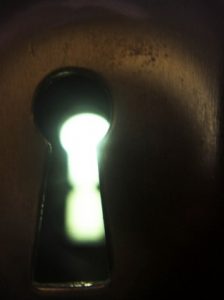Florida state lawmakers are mulling drug crime reform, specifically a series of bill that include provisions allowing judges more discretion for sentences that currently require minimum mandatory sentencing and increases of substance abuse treatment funds.
The chances signal a turn away from the hard-line stance so many lawmakers took in the 1980s and 1990s when the so-called “War on Drugs” was in full swing. Those efforts have largely proven ineffective, with many policy leaders agreeing hard-line sentences for low-level drug offenses didn’t lower use and didn’t keep the rest of us safer. In fact, all it did was decimate low-income, minority communities, which were disproportionately on the receiving end of enforcement.
Now, The Sarasota Herald Tribune reports the legislature appears somewhat split on criminal justice reform, with roughly half supporting these changes and half digging in their heels to maintain the status quo. Supporters of the bill say it will help bridge the gap of racial disparities that exist when it comes to enforcement and penalties for these offenses. Continue reading
 Fort Lauderdale Criminal Attorney Blog
Fort Lauderdale Criminal Attorney Blog











